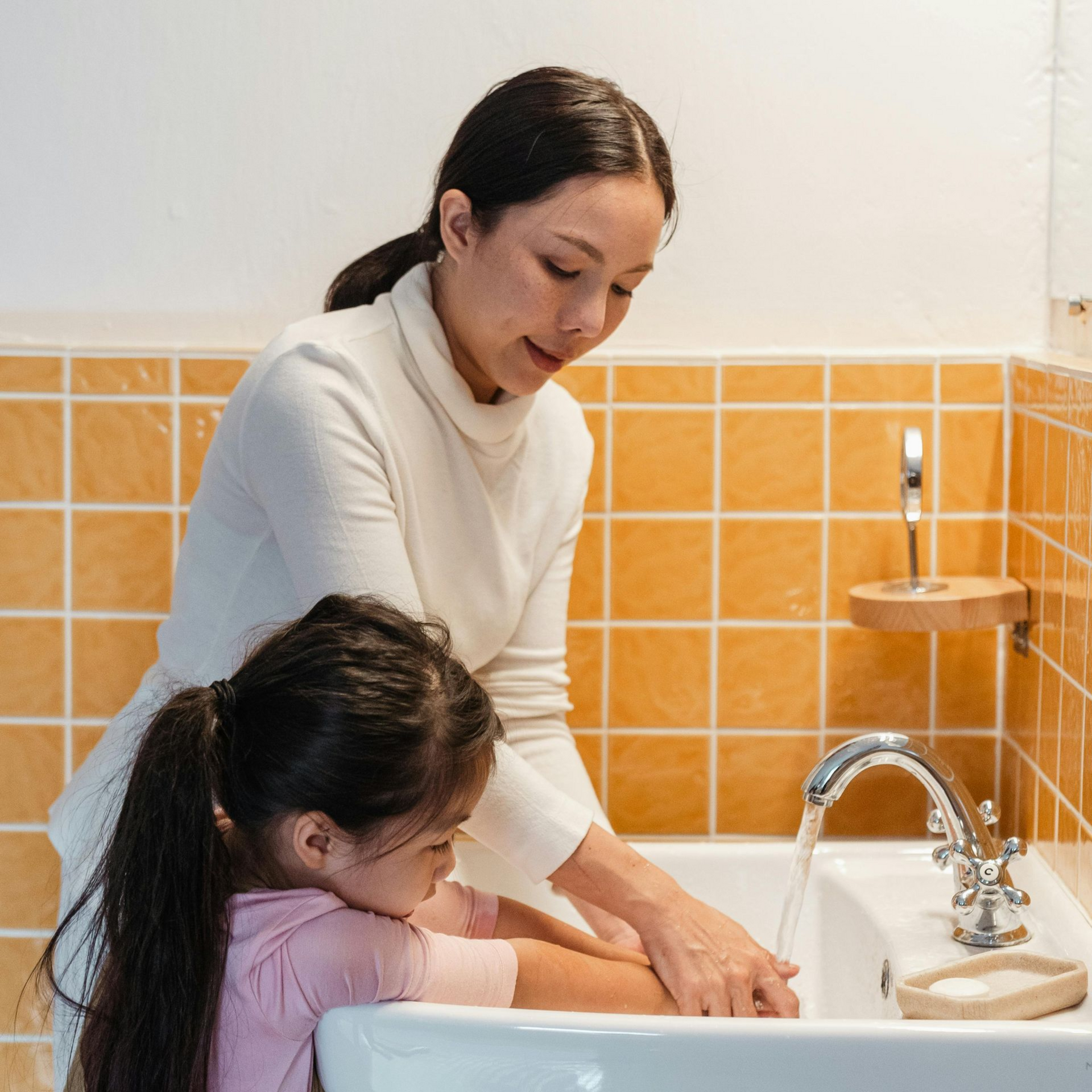Becoming Your Own Advocate | Where Do I Go for A Diagnosis
As parents, we often spend the most time with our kids. We understand their habits, the little jokes, their likes and dislikes. This also means parents are the first line of defense when it comes to identifying when your child may not be hitting milestones and in certain instances, regressing.
One thing is certain, many parents reach a point where they know they need more support. Unfortunately, knowing where to find that support can be difficult. While Google is a great tool if you’re not sure what to look for, the task of finding support for your child and family can be daunting. Conversely, you may have received an outpouring of support but you’re left with too many resources and you’re having difficulty separating out quality education from marketing.
Signs of ASD | Guiding the Conversation with Your Pediatrician
You’ve been observing your child and notice some signs but are unsure if a formal diagnosis is needed. Your first stop should be to your child’s pediatrician or primary care physician. “Data will be your best friend. You don’t need to be rigorous, quick anecdotal documentation of what you’re seeing and how often you’re seeing this behavior (i.e., dates, notes, duration) will help guide your conversations with your pediatrician,” says clinical director Sumita Argianas.
Examples can include:
- Qualitative descriptions of how your child plays with his/her toys (does he/she have difficulty interacting with a variety of toys, unable to move from activity to activity on his/her own, or rigid with how he/she interacts with toys)
- Limited interest in playing with a toy he/she previously loved
- Limited interest in imaginative play
- Loss or delay in speech/use for previously mastered speech (words your child previously knew but is unable to recall)
- Delayed movement skills
- An inability to identify and reflect back emotions
- Delayed cognitive or learning skills
- Behavior that is hyperactive, impulsive, and/or inattentive, or unusual emotional reactions
Diagnosis of ASD | Your Child Is Unique
“ASD is often called a spectrum and true to form, how your child’s symptoms of ASD present will be varied,” shared Sumita. “There is no one size fits all criteria for diagnosing your child.” After chatting with your pediatrician/primary care physician, he/she will most likely recommend a formal diagnosis. Where do you go now?
Those qualified to diagnose ASD can include:
- developmental pediatricians
- child psychologists
- child psychiatrists
- pediatric neurologists
Your pediatrician/primary care physician should be able to provide you a list of diagnosticians that are local to your area. However, if you continue to have difficulty, local area ABA practices often develop and cultivate relationships with clinicians qualified to diagnose ASD and they can serve as a resource prior to beginning services. If you’re unsure where to start, reach out to your local area ABA practice for a list of diagnostic practitioners. Feel assured that sending them a quick email asking for this is not out of the norm. Still coming up dry? Vilij would be happy to help you, reach out to us at contact@VilijABA.com.
Maneuvering Waitlists | An Unfortunate Truth in ABA
Unfortunately, when making appointments to get a formal diagnosis, there can be long waitlists. Don’t stop after the first call; the best recommendation is to call a few places on your list. “The worst part about suspecting an ASD diagnosis is the feeling that you’ve lost agency and advocacy over your family’s well-being”, shared Sumita. “Nothing can be further from the truth! There are a number of things you can begin implementing while you wait for your child’s diagnostic appointment.”
Examples can include the following:
- Seek out local support – It’s important to have support during this process. Local support groups will be helpful with shared experiences and additional resources as you navigate your journey.
- Autism Speaks: This organization has helpful resources to navigate the process of receiving a diagnosis as well as finding providers. This website also has a great resource for parents titled ‘100 Day Tool Kit for Young Children.’
- Facebook support: Joining local support groups on social media can help ease the feeling of isolation. These groups can, at times, have limited moderation and may not necessarily be run by professionals in the mental health field. They’re an excellent resource but should not be your sole source of knowledge regarding ASD. Another excellent aspect of local support groups can include local area resources and insight on activities geared towards individuals with ASD.
- Life Journey Through Autism: This website will help you navigate many resources, including reading material that is downloadable and free.
- Continue to work with your child one on one. While your child’s needs may be unique, their need for your love and support is universal. Practice self-compassion; if there are certain activities or routines that are working for you and your family continue to practice them! You know your child best.
While the above are some resources for you to explore, everyone’s experience is different. Self-advocate and read the above resources (and others) with that in mind. Our team believes it takes a village and we’re a resource, even if you’re not with our Vilij. Reach out via phone at 630-777-2800 or email us for a list of providers we’ve grown to trust.
Accountability | Integrity | Empathy | Collaboration










